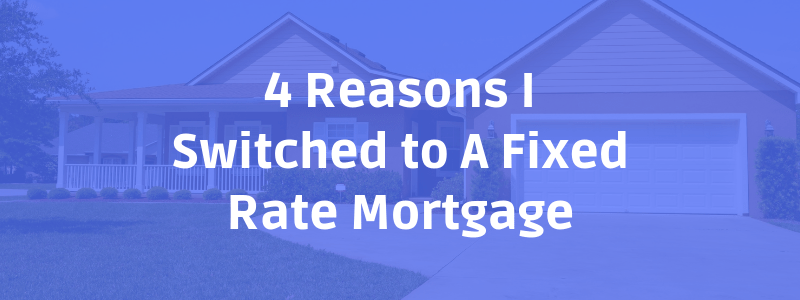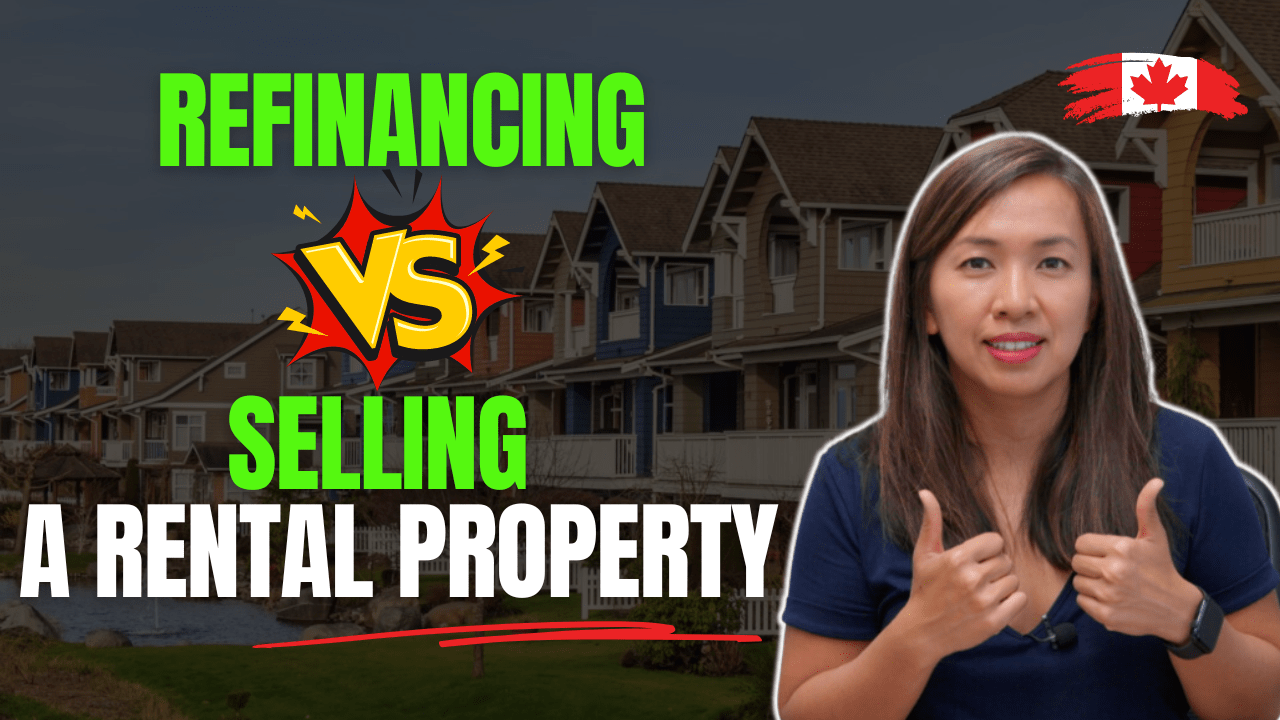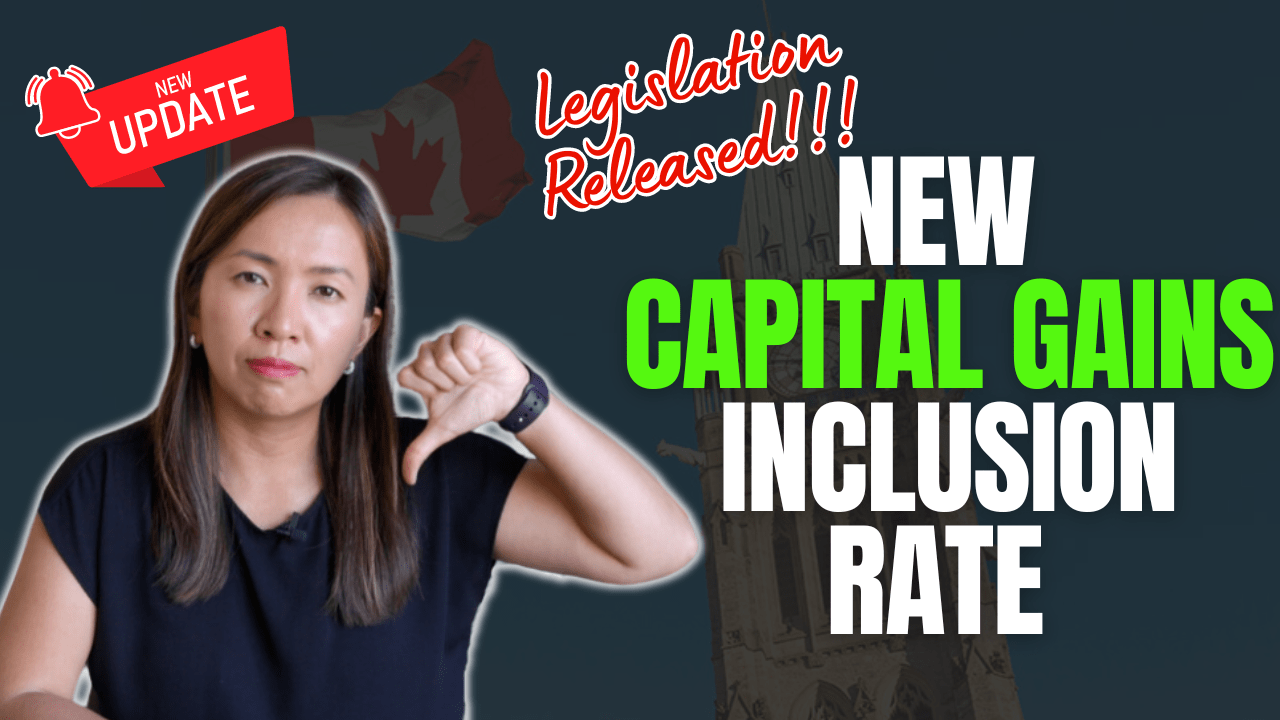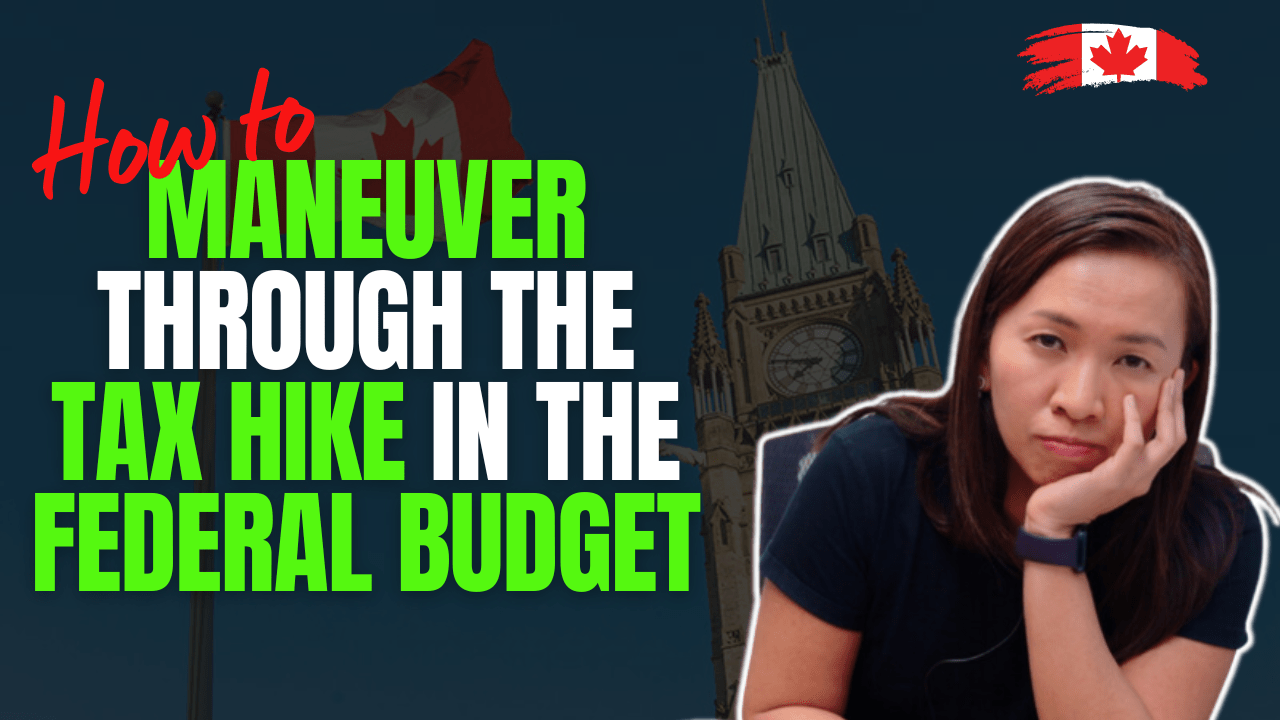Mortgages can be a tough river to cross as there are many factors to consider. Many of us understandably want the lowest rates possible when getting a mortgage. And if you don’t know already, the interest rate for a 4-year term mortgage was dropped to 2.95% for rental properties and 2.75% for a primary residence.
I saw a few of these Facebook posts and I immediately reached out to my bank advisor.
We had always opted in for a variable interest rate. Variable interest rate gives us the flexibility to refinance the property with only 3 months of interest as a penalty.

Bonus is that variable rate historically has been performing better than a fixed rate.
Fixed interest rate, on the other hand, is a huge commitment. Typically, if you break a fixed interest rate mortgage before the term for whatever reason, the penalty is the rate differential between the posted fixed rate at the bank and what you’re paying. Obviously, this is just a guide.
Anyway, what does that mean? It usually means 10s of thousands of penalty triggered.
In 2011, I bought a Toronto townhouse. At the time, it was the largest mortgage I’d signed up for.
The bank offered prime minus 0.8% (those good old days) variable interest rate and 3.29% fixed mortgage rate.
I immediately opted for variable interest rate. Low payment, no brainer.
I asked my circle of friends, whom are mostly accountants. They would have opted for a fixed interest rate.
Interest rate didn’t rise for 5 years (and if I remember correctly, the prime rate dropped even further so I was paying less than 2.2% interest rate on my mortgage)!
From then on, I’ve always opted for a variable interest rate. I might set up a higher monthly payment amount (as if I were paying the fixed mortgage amount) just so that I am comfortable with the payment. But I’m a firm believer of the variable rate.
Everything changed last Friday.
We switched from variable rate to fixed rate mortgage.
These are the reasons.
1. We’re not planning to sell any of these properties in the next 4 to 5 years
One drawback to signing up for the fixed rate mortgage is that the penalty can be substantial if we decide to break the mortgage before the end of the term.
Our investment strategy has always been long-term buy and hold.
We’re not intending to sell these properties for a very long time.
The penalty concern is not there.
2. Refinancing is not an option for us
Another reason why we would break the mortgage is if we need the equity to purchase another property.
One way to tap into the equity built up is to refinance the property.
With our growing portfolio, and also our low personal income (thanks to a smart accountant ? ?), it’s impossible to refinance our current portfolio anymore.
Since refinancing is not even an option for us, we feel comfortable committing to a fixed rate mortgage.
3. Our variable rate is high
I have been a firm believer of variable rate and I still am.
At the time when we got these variable mortgages, we were signing up for prime minus 0.1% interest rate.
Fixed mortgage rate at the time was even higher.
It turns out we are paying 3.8% and 3.9% on most of our variable mortgage.
Compared to a 2.95% fixed mortgage, there’s a difference of $100 to $160 cash flow difference per mortgage.
We consulted our mortgage broker and banker and they both agreed that 2.95% is a great fixed rate. The low fixed rate environment is a result of banks’ competition for the mortgage generated from the spring market in real estate.
4. It takes a while before the prime rate would go down
You may think that the prime rate is going to come down soon. I believe it’s going to happen, sooner or later.
I just don’t know how long it will take for the prime rate to come down that it would beat a 2.95% fixed mortgage rate. ?
You see, typically the government cuts prime rate by 1 basis point or a quarter basis point.
The current prime rate is 3.95% at Scotiabank.
Based on my old commitment, variable minus 0.15%, my mortgage rate was at 3.8%.
Prime rate must be reduced by 85 basis point before it has the same impact of a fixed rate 2.95% mortgage.
This usually means 1 year to 1.5 years of waiting before it would make any difference to my mortgage.
It’s way too long to wait.
I want to keep the extra $150 cash flow in my pocket than waiting for the rate cut.
These are the reasons why I switched to a fixed rate mortgage.
Even if the banks offer better variable rate discount, say, prime minus 0.8% now, I cannot simply switch to the new rate, unfortunately. The only option is to switch to fixed. Those looking to find the best remortgage rates and deals, when it’s time to do so, may want to consider using this online remortgage calculator to help them – it can help you to find out the potential savings that you can make when remortgaging your home. Yet another thing to consider when it comes to mortgage matters.
Admittedly, there’s a risk. There’s a risk that the fixed rate mortgage will go down even further. Instead of 2.95% for rental properties, they may go down to 2.85% or even 2.65%. Who knows? That’s the risk I am taking!
In 2 days, we have increased our portfolio cash flow by $800. Not too bad, eh?
Until next time, happy Canadian Real Estate Investing.
Cherry Chan, CPA, CA
Your Real Estate Accountant






Christian Szpilfogel
Good info as usual. A couple of comments as a guy who has borrowed lots.
Another way to think about fixed mortgages is like insurance. When you have a sizable portfolio, could you take the impact of a sudden jump in interest rates? How would it affect your cash flow or ability to service the debt. Also, like insurance, consider the spread as the premium. Sometimes, like now, the premium is really cheap. I have about 2/3 of my portfolio in fixed loans to weather any interest rate storms. Hyper inflation is a small probability but with the latest focus on protectionism in a number of G7 countries, it isn’t out of the question.
For point (2), if you have the asset in a corporation and it is above typically 4 units, then this is not really an issue. But for residential mortgages, even in a corp, this often is an issue.
Cherry Chan
Thanks, Christian. Appreciate your insight.
Grzegorz (Greg) Kowalczyk
This is great info and actually an assurance that I am doing the right thing. Today, I am switching three or our mortgages from variable to fixed rate for the next 4 years. Exactly the same rate as you mentioned
Thanks,
Greg
gilbert roland hewer
Hello cherry, Anoher insiteful article. Thank you, By the way a basis point is 1/100 of 1%, so 25 basis points is the same as a quarter-point.